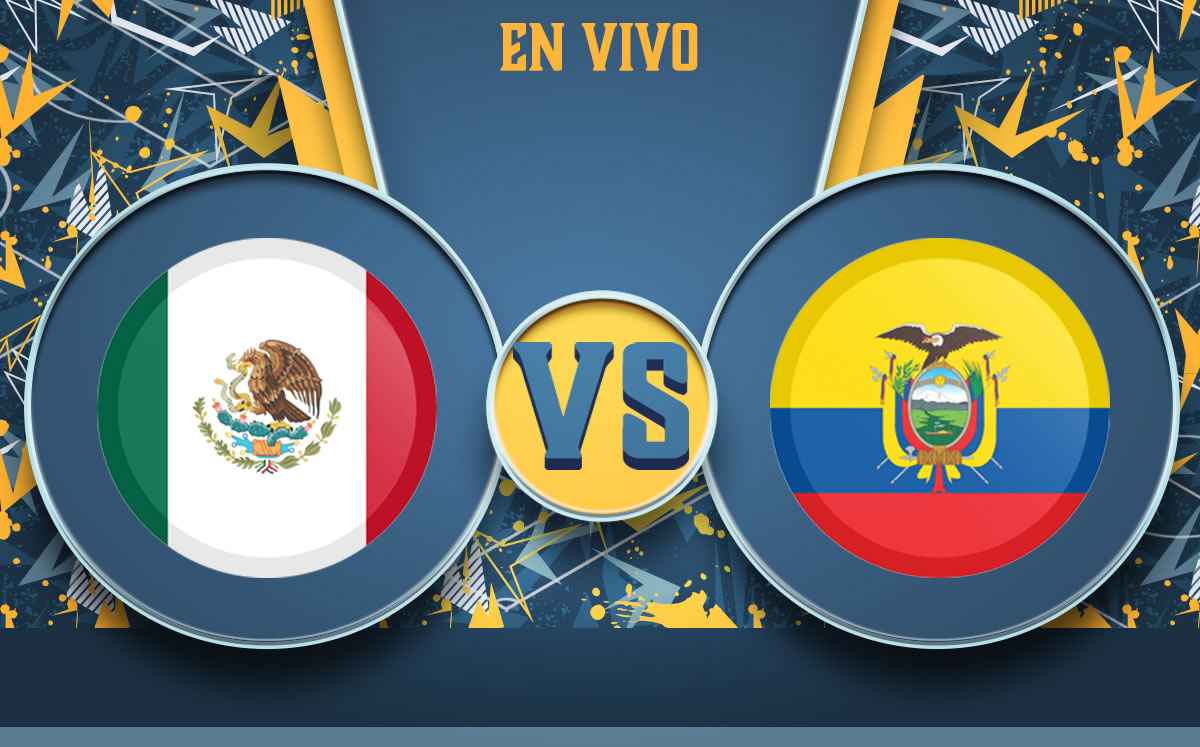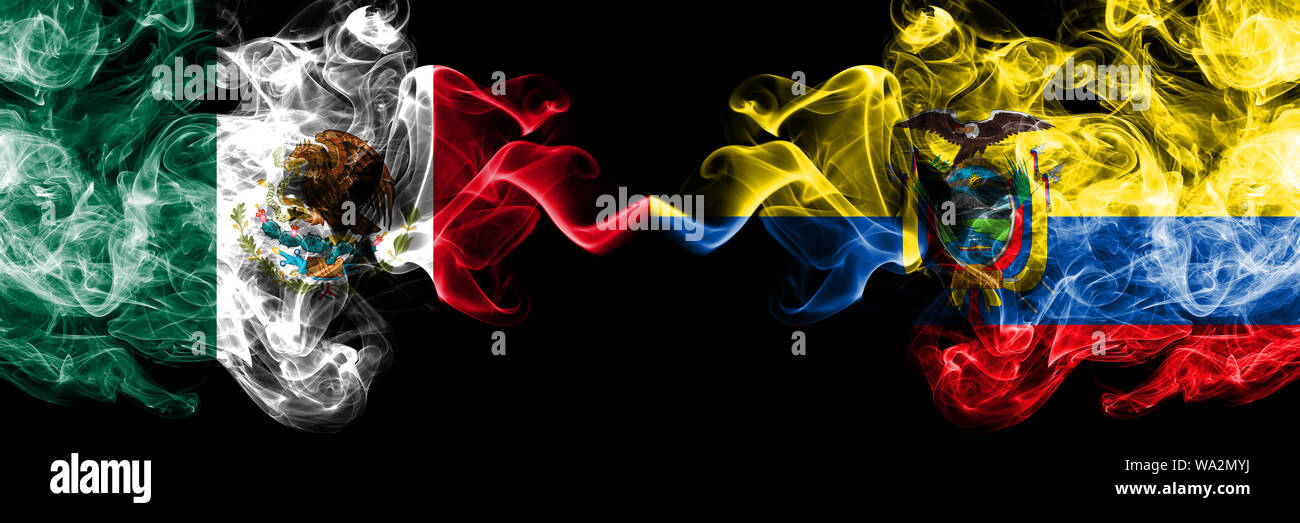Time Zone Differences
Mexico and Ecuador have different time zones, which can affect the time of day for events and activities in each country.
- Mexico has three time zones:
- Central Time Zone (UTC-6)
- Eastern Time Zone (UTC-5)
- Pacific Time Zone (UTC-7)
- Ecuador has one time zone:
- Ecuador Time Zone (UTC-5)
During daylight saving time, the time difference between Mexico and Ecuador changes. Mexico observes daylight saving time in some areas, while Ecuador does not. This means that during daylight saving time, the time difference between the two countries can be one hour or two hours, depending on the specific time zones involved.
Historical Timekeeping

Mexico vs ecuador time – Timekeeping has a rich history in both Mexico and Ecuador, shaped by the influence of various cultures and notable events.
Mexico, Mexico vs ecuador time
The ancient Mesoamerican civilizations, such as the Mayans and Aztecs, developed sophisticated calendars and timekeeping systems. The Mayan Long Count calendar, for instance, spanned thousands of years and was used to track astronomical events and predict the future.
Ecuador
In Ecuador, the indigenous Inca Empire also had an advanced timekeeping system based on the sun’s movement. They used sundials and other instruments to measure time and regulate agricultural activities.
European Influence
The arrival of European colonizers in the 16th century brought new timekeeping practices to both Mexico and Ecuador. The Spanish introduced the Gregorian calendar and the use of mechanical clocks, which gradually replaced the traditional indigenous methods.
Modern Developments
In the 20th century, Mexico and Ecuador adopted standardized time zones and participated in international efforts to coordinate timekeeping. Today, both countries maintain accurate timekeeping systems that facilitate global communication and trade.
Cultural Impact of Time: Mexico Vs Ecuador Time

Time holds immense cultural significance in both Mexico and Ecuador. In Mexico, time is often perceived as fluid and flexible, with a relaxed attitude towards punctuality. Mexicans prioritize personal relationships and social interactions over strict adherence to schedules. In Ecuador, on the other hand, time is generally perceived as more linear and structured, with a greater emphasis on punctuality and efficiency.
Social Interactions
In Mexico, time is not a rigid construct that dictates social interactions. Mexicans value the time spent with loved ones and friends, often engaging in leisurely conversations and activities that may not adhere to a specific schedule. Punctuality is not considered a top priority, and it is common for social gatherings to start and end later than the agreed-upon time.
In contrast, Ecuadorian culture places more importance on punctuality. Ecuadorians tend to view time as a valuable resource, and they strive to adhere to schedules and deadlines. Social gatherings are typically more structured, with a greater emphasis on starting and ending on time.
As the sun peeked over the horizon in Mexico, casting a warm glow on the ancient pyramids, I couldn’t help but think about the upcoming weigh-in for the highly anticipated Brian Ortega fight. The anticipation was palpable, like the first breath of fresh air after a long night.
Back in Ecuador, the clock ticked past midnight, marking the start of a new day, as the world eagerly awaited the weigh-in that would determine the fate of the fighters.
The difference in time between Mexico and Ecuador is a fascinating topic. For those eager to delve deeper into the intricacies of this time differential, the partido mexico vs ecuador offers a wealth of insights and perspectives. Exploring this matchup provides a unique opportunity to appreciate the complexities of time zones and their impact on global interactions.